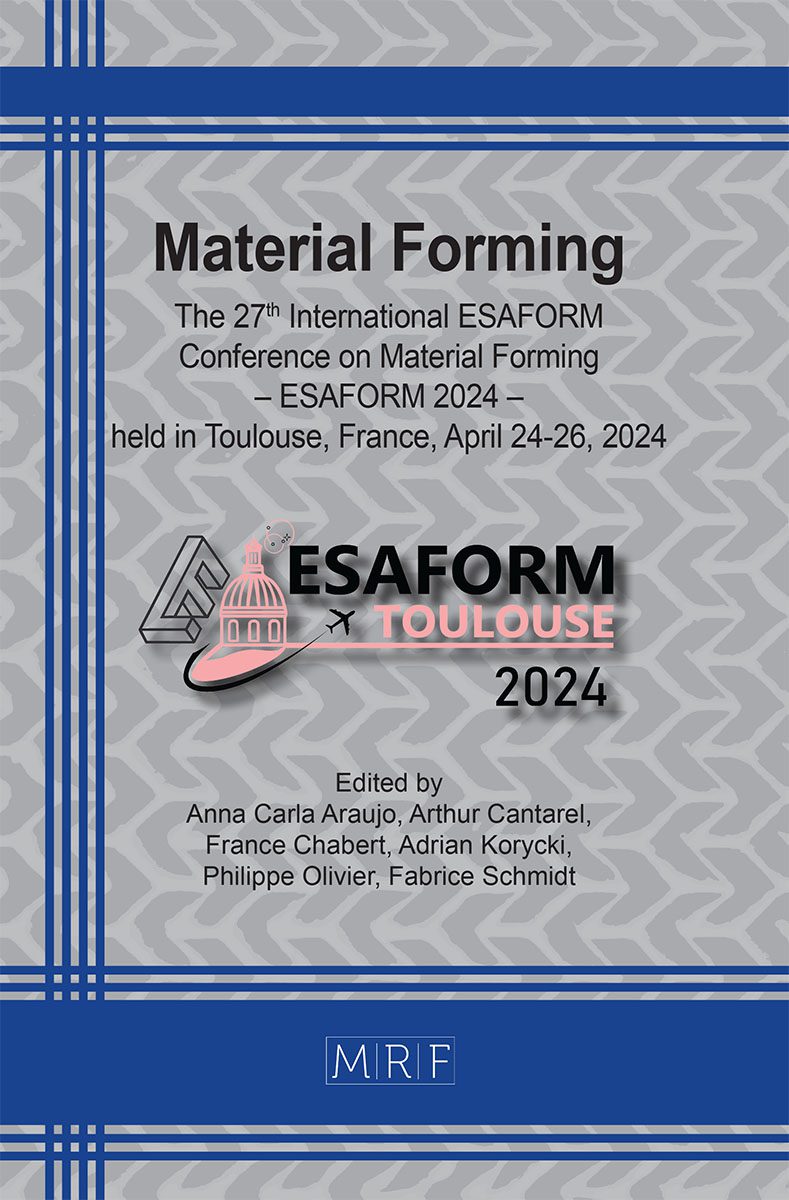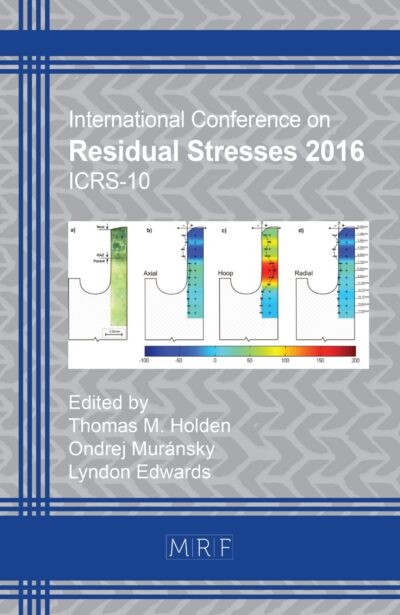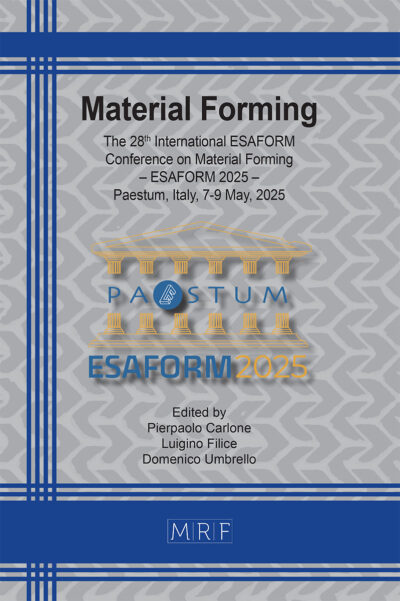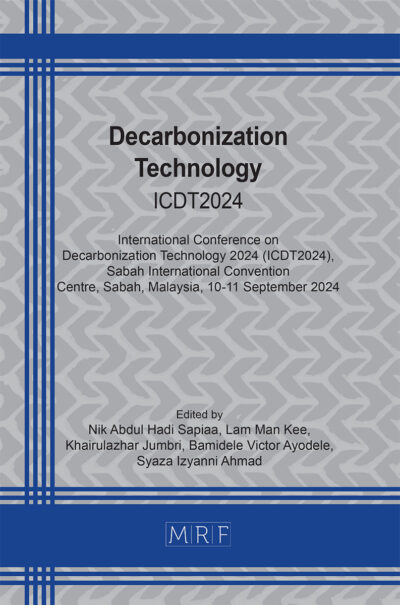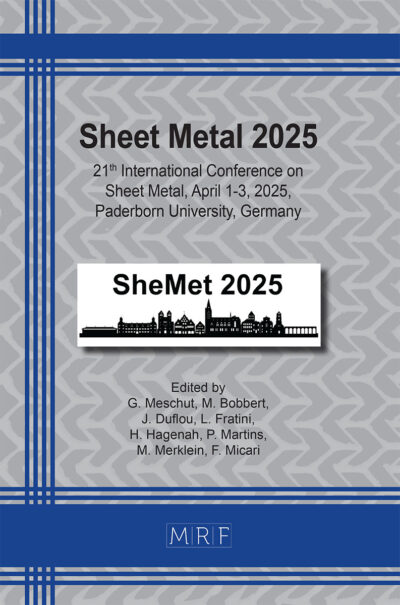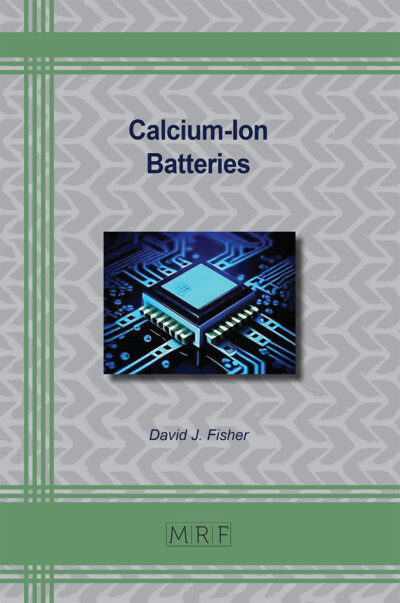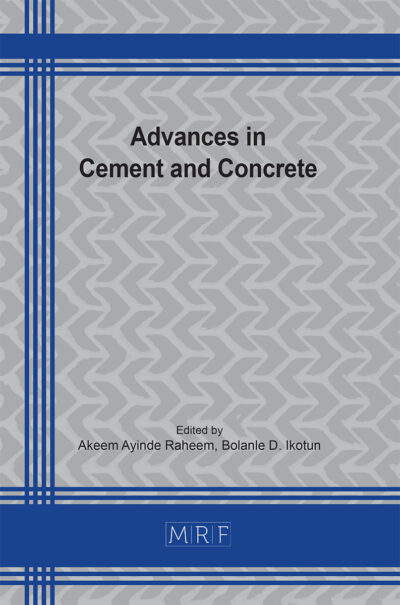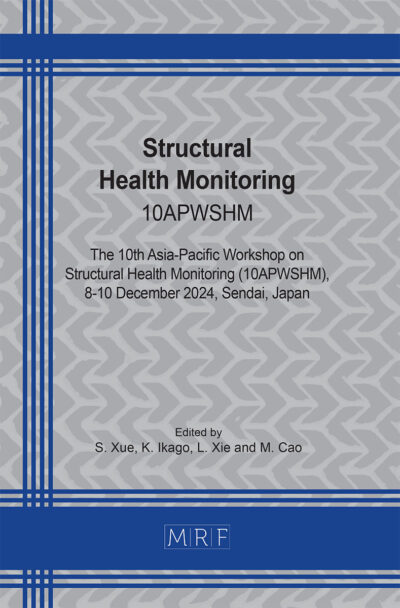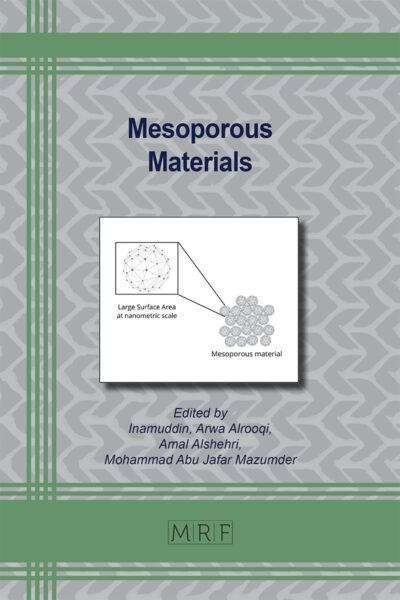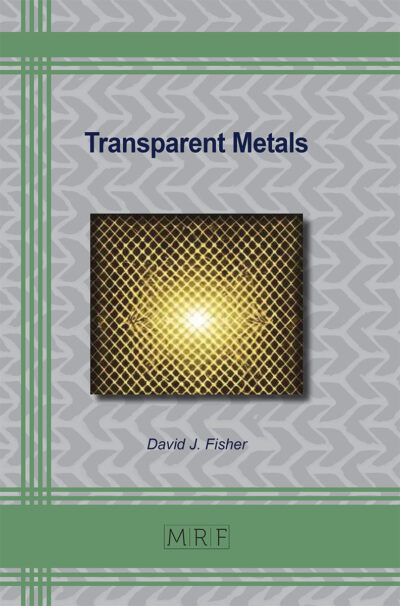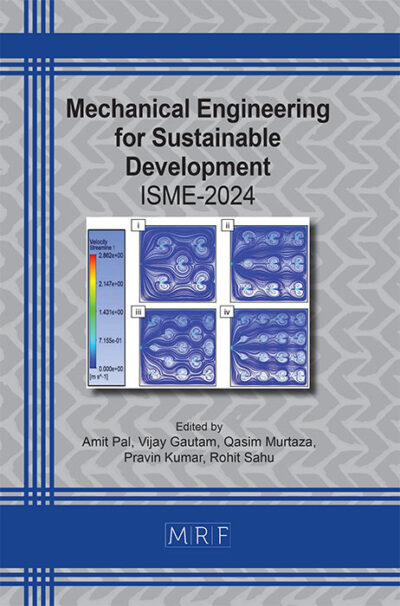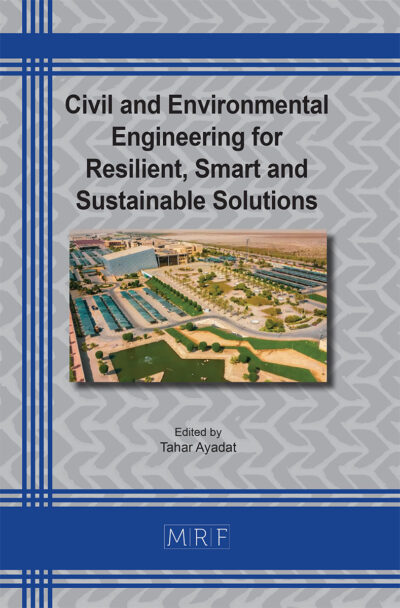–
Processing of sheets made of long fibers reinforced plastics by SPIF
AMBROGIO Giuseppina, BORDA Francesco, CONTE Romina, FILICE Luigino, GAGLIARDI Francesco
download PDFAbstract. The flexibility of the Single Point Incremental Forming (SPIF) has been exploited in processing of sheets made by fiber reinforced polymers. Indeed, polymer-based sheets are always more employed in product planning, meeting the increasing demand of lightweight structures. However, considering the SPIF features, especially the need to totally clamp the formed sheet along its edges, processing of long-fiber reinforced sheets is critical owing to the brittleness of the fibers, whose length must be preserved. The SPIF dynamics of a customized process solution to be used for long fibers reinforced thermoplastics (LFRTPs) were already proposed and analyzed by FE simulations. Herein, the design of the equipment that allows the process to be executed was proposed detailing it in each part. In particular, the idea was based on assembling a working room that was designed to be able to control both: a) the desired process temperature maintaining it constant during the whole forming step looking at the glass and melting point of the polymeric matrix; b) a hydrostatic pressure on the bottom side of the sheet to guarantee its proper shaping. Moreover, numerical simulations were also executed to locally analyze the forming behavior of the sheet at changing of some specific properties.
Keywords
SPIF, Incremental Forming, Composite Material, Thermoplastic, Long Fiber, Carbon Fiber, Glass Fiber
Published online 4/24/2024, 8 pages
Copyright © 2024 by the author(s)
Published under license by Materials Research Forum LLC., Millersville PA, USA
Citation: AMBROGIO Giuseppina, BORDA Francesco, CONTE Romina, FILICE Luigino, GAGLIARDI Francesco, Processing of sheets made of long fibers reinforced plastics by SPIF, Materials Research Proceedings, Vol. 41, pp 1536-1543, 2024
DOI: https://doi.org/10.21741/9781644903131-170
The article was published as article 170 of the book Material Forming
![]() Content from this work may be used under the terms of the Creative Commons Attribution 3.0 license. Any further distribution of this work must maintain attribution to the author(s) and the title of the work, journal citation and DOI.
Content from this work may be used under the terms of the Creative Commons Attribution 3.0 license. Any further distribution of this work must maintain attribution to the author(s) and the title of the work, journal citation and DOI.
References
[1] S. Alwekar, R. Ogle, S. Kim, U. Vaidya, Manufacturing and characterization of continuous fiber-reinforced thermoplastic tape overmolded long fiber thermoplastic, Composites Part B: Engineering (2021) 207, 15 https://doi.org/10.1016/j.compositesb.2020.108597
[2] J. Wu, K. Zhang, D. Yang, Material extrusion additive manufacturing of recycled discontinuous carbon fibre reinforced thermoplastic composites with different fibre lengths: Through-process microstructural evolution and mechanical property loss, Additive Manufacturing (2023) 78, 25 https://doi.org/10.1016/j.addma.2023.103839
[3] G. Kajal, M.R. Tyagi, G. Kumar, A review on the effect of residual stresses in incremental sheet metal forming used in automotive and medical sectors, Mat Today Proc (2023) 78/3, 524-534 https://doi.org/10.1016/j.matpr.2022.11.235
[4] A. AL-Obaidi, A. Kunke, V. Kräusel, Hot single-point incremental forming of glass-fiber-reinforced polymer (PA6GF47) supported by hot air, J. Manuf. Proc. 43 (2019) 17-25. https://doi.org/10.1016/j.jmapro.2019.04.036
[5] R. Conte, G. Serratore, G. Ambrogio, F. Gagliardi, Numerical analyses of long fiber–reinforced polymeric sheets processed by Single Point Incremental Forming, Int. J. Adv. Manuf. Tech. 123 (2022) 1203-1214. https://doi.org/10.1007/s00170-022-10212-4
[6] Liu K, Zhang B, Xu X et al (2019) Simulation and analysis of process-induced distortions in hemispherical thermostamping for unidirectional thermoplastic composites. Polym Compos 40:1786–1800. https://doi.org/10.1002/pc.24936
[7] Hashin Z (1980) Failure criteria for unidirectional fiber composites. J Appl Mech 47:329–334. https://doi.org/10.1115/1.3153664
[8] Tayebi P, Fazli A, Asadi P, Soltanpour M (2019) Formability analysis of dissimilar friction stir welded AA 6061 and AA 5083 blanks by SPIF process. CIRP J Manuf Sci Technol 25:50–68. https://doi.org/10.1016/j.cirpj.2019.02.002

